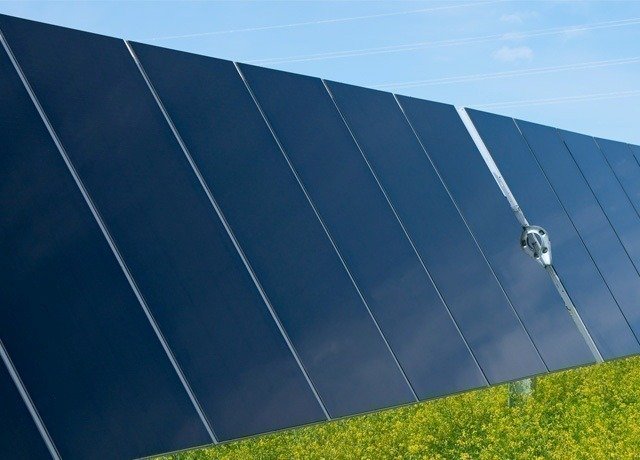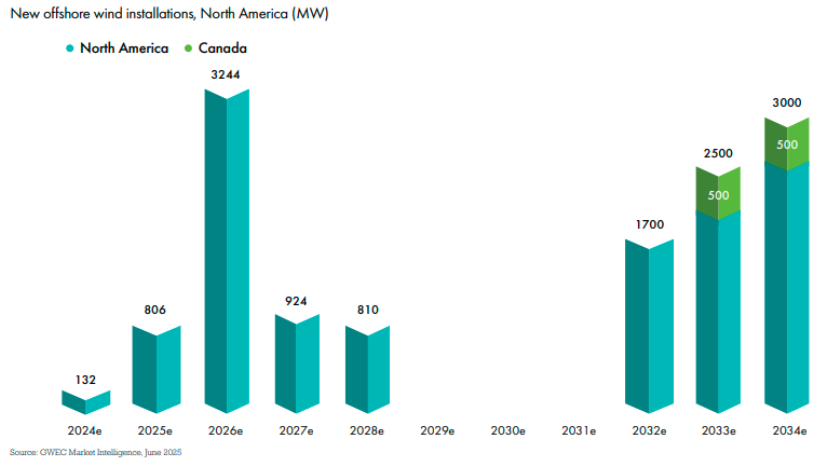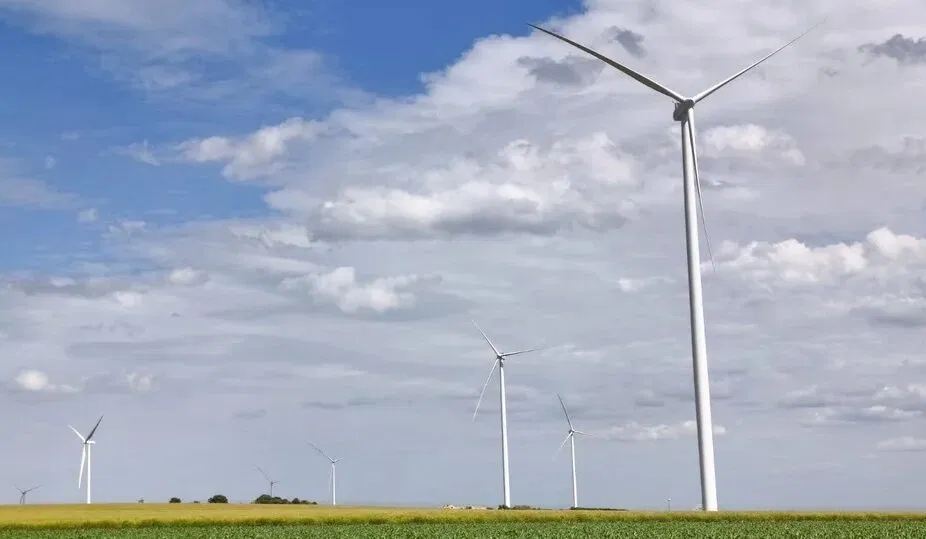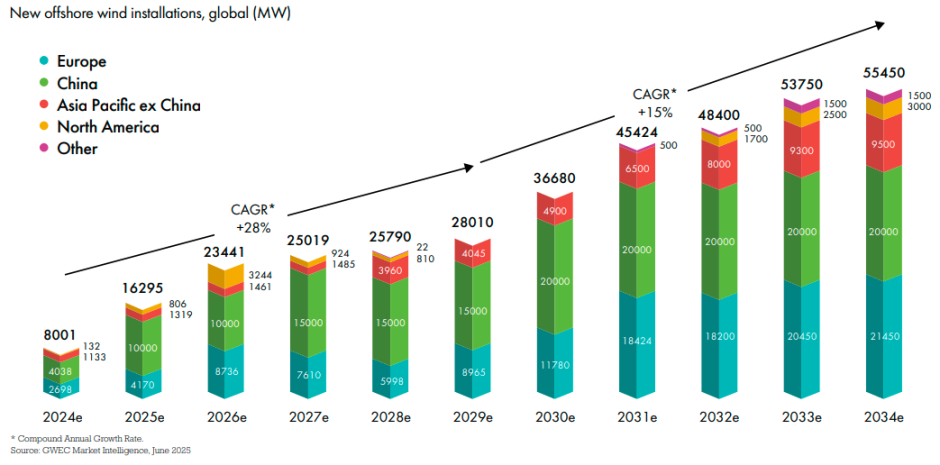Estonia’s Ministry of Climate has approved the initiation of an environmental impact assessment (EIA) for the Saare 1 offshore wind project, aiming for a capacity of 1.2 GW. Developed by state-owned Eesti Energia, this project will enhance Estonia’s renewable energy capacity and energy independence. The investment will cover project planning, permitting, and grid integration, focusing on large-scale offshore wind technology with advanced turbine platforms. The project targets both domestic and regional electricity markets while fostering public engagement and environmental analysis. It is expected to contribute to a cleaner energy supply, lower energy imports, and align with Estonia’s energy security and climate goals.
In the UK, plans have been submitted for the Harp Farm Solar Project in Kent, which proposes a 56 MW solar park alongside battery storage. Enso Green Holdings leads this initiative, aiming to meet local and national renewable generation targets. Pending planning approval, the project will focus on utility-scale solar photovoltaic systems and energy storage integration, targeting grid operators and corporate power buyers. The inclusion of battery storage is designed to enhance grid flexibility, supporting the UK’s decarbonization efforts by generating clean energy and alleviating grid pressure.
In the U.S., French industrial minerals company Imerys has signed a 12-year power purchase agreement (PPA) with Akuo for solar energy, securing 60 GWh of annual output from Akuo’s solar farms starting in 2025. This agreement aligns with Imerys’ decarbonization objectives in North America, with no investment figures disclosed. The focus remains on utility-scale photovoltaic systems, ensuring a stable energy supply for Imerys’ operations while contributing to reducing carbon emissions and promoting sustainability.
Additionally, Sonnedix has officially inaugurated the Douro solar plant in Portugal, boasting a capacity of 150 MW. This facility is the largest project in Sonnedix’s European portfolio and is projected to generate around 250 GWh of electricity annually, enough to power over 90,000 homes. The investment supports Sonnedix’s aim to expand its presence in Iberia and enhance its renewable energy capacity. The plant’s design prioritizes high-yield generation, helping to reduce emissions and bolster Portugal’s renewable energy and decarbonization initiatives.




